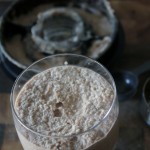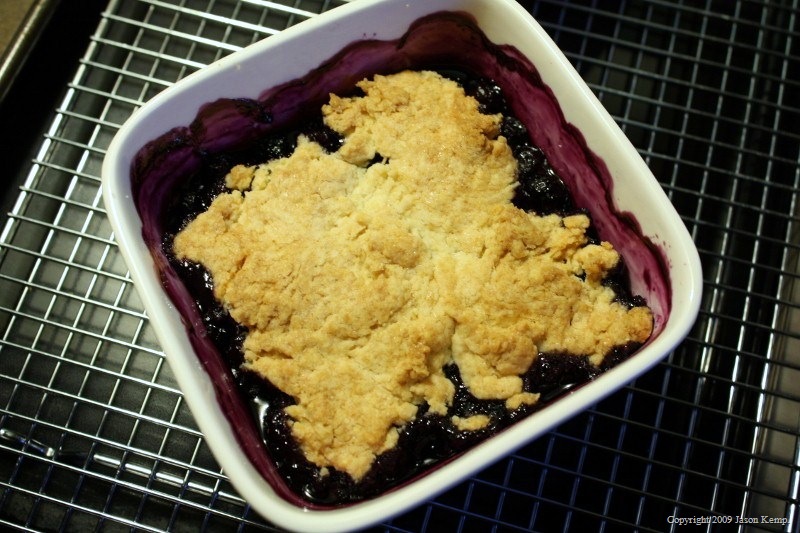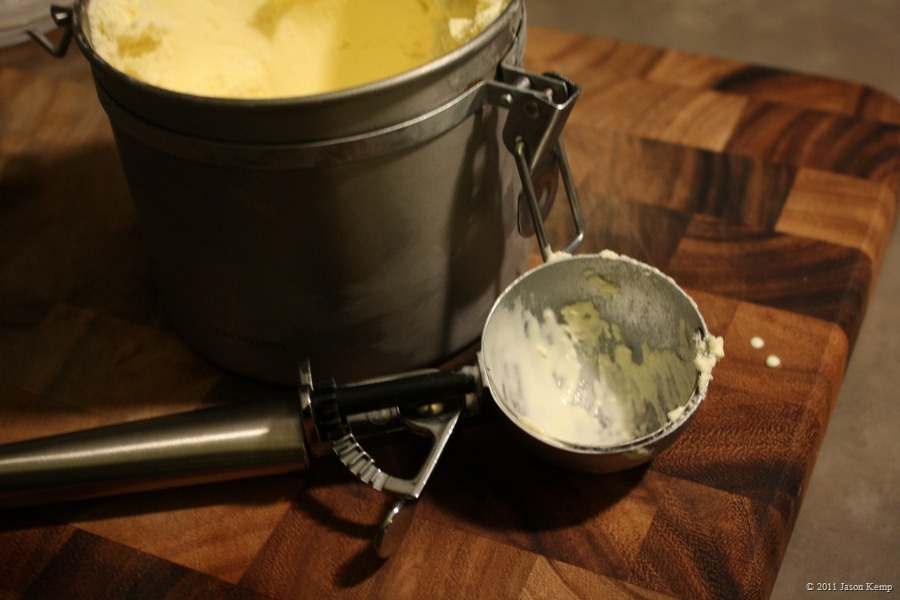It might surprise you, but yogurt isn’t all that great for you.
In fact, it might not be food, but a food-like substance which our taste buds tell us is food and tasty, but our bowels and bellies know otherwise. So what’s wrong with it?
Let me clarify what I’m talking about: any zero-fat (or low-fat) yogurt is an abomination, as natural as a shaved polar bear mating with a flying penguin. Any zero-fat dairy is just wrong, but let us stay focused on yogurt.
Yogurt, according to Wikipedia, is produced by bacterial fermentation of milk which gives yogurt its distinctive tang. Do this at home with real milk and you have an incredibly potent superfood, full of healthy bacteria for your gut. It should be rich, creamy and slightly sour, with the “rich and creamy” offsetting the “sour”.
But the commercial stuff cannot be “rich and creamy” and zero-fat without making some serious compromises. In order to actually sell their product, yogurt makers have to make a tasty product. And if you just take away the rich and creamy (because “fat is bad”) with nothing to offset the sour, then no one will buy your product.
So, to offset that sour, they load up yogurt with sugar. Take a look at any non-fat or low-fat commercial yogurt and the number one ingredient is probably sugar. Having non-fat yogurt for breakfast, say, is no different from eating a chocolate bar; well, okay, it has good bacteria, so slightly better than a chocolate bar: a dark chocolate bar.
So should you abandon it altogether? No!
Like I said, any non-fatis an abomination, but full-fat yogurt is a tasty and nutritious food, if your body can handle dairy. Look for Greek-style or any yogurt with around 10% fat. Beware greek-style with 0% fat! If your grocer has an organic aisle, there might be some there. Liberté makes a pretty solid full-fat yogurt under the Mediterranée label, here in Canada.
If you want to go truly healthy, buy plain yogurt and put your own fruit in it.






Ummm I just checked the sugar content of Total 0% fat Greek yoghurt compared to their full fat version; the 0% one only has 0.2g extra sugar in (4g sugar per 100g). Liberté Greek (style) 0% had only 2.8g per 100g.
Other non-Greek (or Greek style) yoghurts do have a lot more sugar in, so I think the important thing is to always check the label.
Personally I tend to only worry about kcal anyway.
I also realise this is an old post so sorry for randomly commenting!